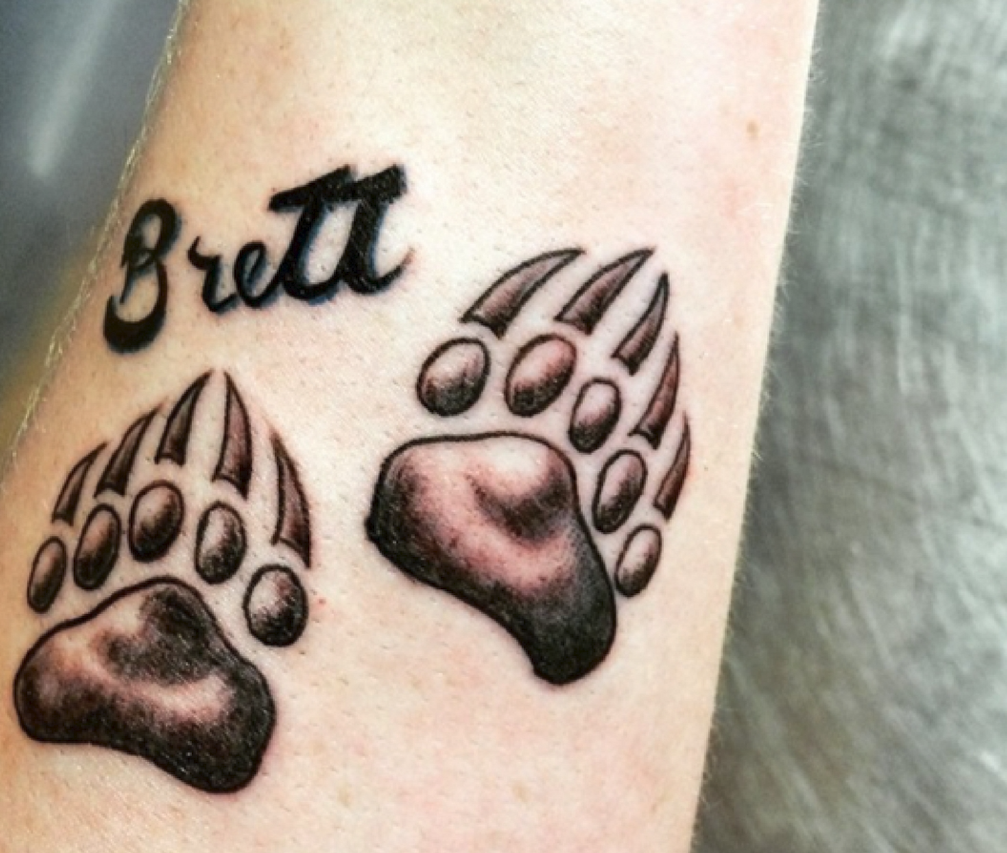
{*Did you know you can write on Elephant? Here’s how—big changes: How to Write & Make Money or at least Be of Benefit on Elephant. ~ Waylon}
~
There have been many alcoholics in my family line.
We are now saying “substance use disorder,” as that sounds so much more sensitive, kind, and caring, but this was not the term I learned at an early age.
We live in a society that says it encourages understanding, compassion, empathy, non-discrimination, and a belief that those struggling need help. But often that is not how our loved ones with addiction and/or mental illness are treated.
Not in the hospital. Not in the media. And sadly, many times, not even behind closed doors in our own family.
You know this if you were a young child in this situation. Absorbing. Interpreting. Evaluating. No one sits you down and tells you not to ask questions or talk about these things. No one says it out loud, but you receive the message loud and clear. Keep these secrets at all costs. It is shameful. And you should never ask questions or talk about what goes on in our family.
And you may keep these things hidden for a very long time.
But shame and secrets keep everyone hiding. That shame and inability to tell the truth to friends, to family members, and most importantly, to themselves manifests itself into denial. And with denial, there will be no recovery.
You see my greatest friend, my younger brother, Brett, became another alcoholic branch on our family tree.
I saw him at his best, leaving rehab happy and healthy and as handsome as any movie star. And I saw him at his worst during his 12-year battle with addiction and mental illness. What remained a constant then and now is that I never, not once, loved him less nor had any shame for the often-unbelievable things that happened.
Sadly, my brother lost his brave battle in March 2012. He was only 39.
I think back now to when my brother passed away and I wrote his obituary. It’s what I now call the “died suddenly phenomenon” and if I could rewind I would proudly tell the truth. Just like the people who write, “Died in a motor vehicle accident.” “Lost their brave battle with cancer” or “Passed away peacefully in their sleep at 90 years young.”
My brother didn’t die suddenly. It was slow, painful, and excruciating, and it has left us all with enduring pain. But like me, often remaining family members don’t publish the truth: “Died from alcoholism.” “Died from a drug overdose.” “Died from suicide.” Do they believe the truth will ruin their loved one’s reputation? Perhaps. Or maybe there is a part of them that worries about their own.
My little nieces were only 6 and 13 when their beloved uncle died. Unlike many around me, I have spoken to them openly and honestly since that day. As they get older, talking more in-depth, being sensitive to how old they are at the time. Always with honesty, love, and without shame.
When my youngest niece was in grade 6, only 12 years old, she had to do an oral report on any topic, and she chose alcoholism. She was and continues to be as comfortable speaking about it as she is with the knowledge her grandmother passed away before she was born from breast cancer. Besides being overwhelmed with pride, I thought to myself, “I hope that teacher knows how brave that little girl is.”
Her sister, 19, got a big bold tattoo on her left arm of bear paws bearing Brett’s name. When people ask what it means, she answers kindly, lovingly and honestly, “That was my uncle who struggled with mental health and alcoholism and that took his own life.”
Children—when we talk to them, they can grow up to have no stigma or judgment toward those struggling through addiction and/or mental illness. And not when they are teenagers it is far too late. Start early, especially when addiction and mental illness such as anxiety or depression run in the family. These young children will not only grow up to be more aware but be more empathetic, kind, caring, and compassionate. They will become better doctors, nurses, therapists, psychologists, psychiatrists, and journalists—those professions that have such an impact on others.
They will also become better parents, friends and neighbors—a gift to society, the community, and in our own families.
And they can carry knowledge to those family members who will come after us, so this no longer continues generation after generation in the way it so often does.
~
author: Jodee Prouse
Image: Author's Own
Editor: Lisa Erickson

This account does not have permission to comment on Elephant Journal.
Contact support with questions.